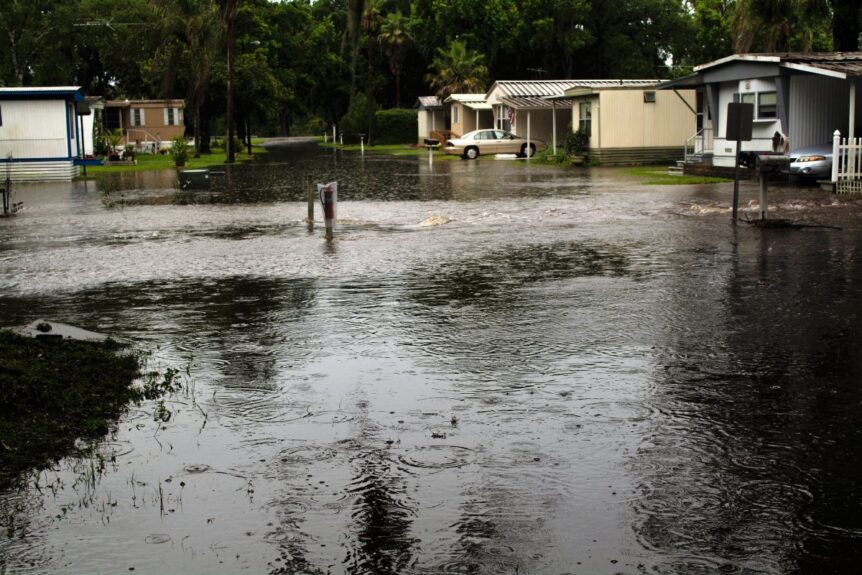Residents of Twin City Community face a tough choice after Hurricane Debby’s devastation – one that could see many of them become homeless.
Help Still Needed
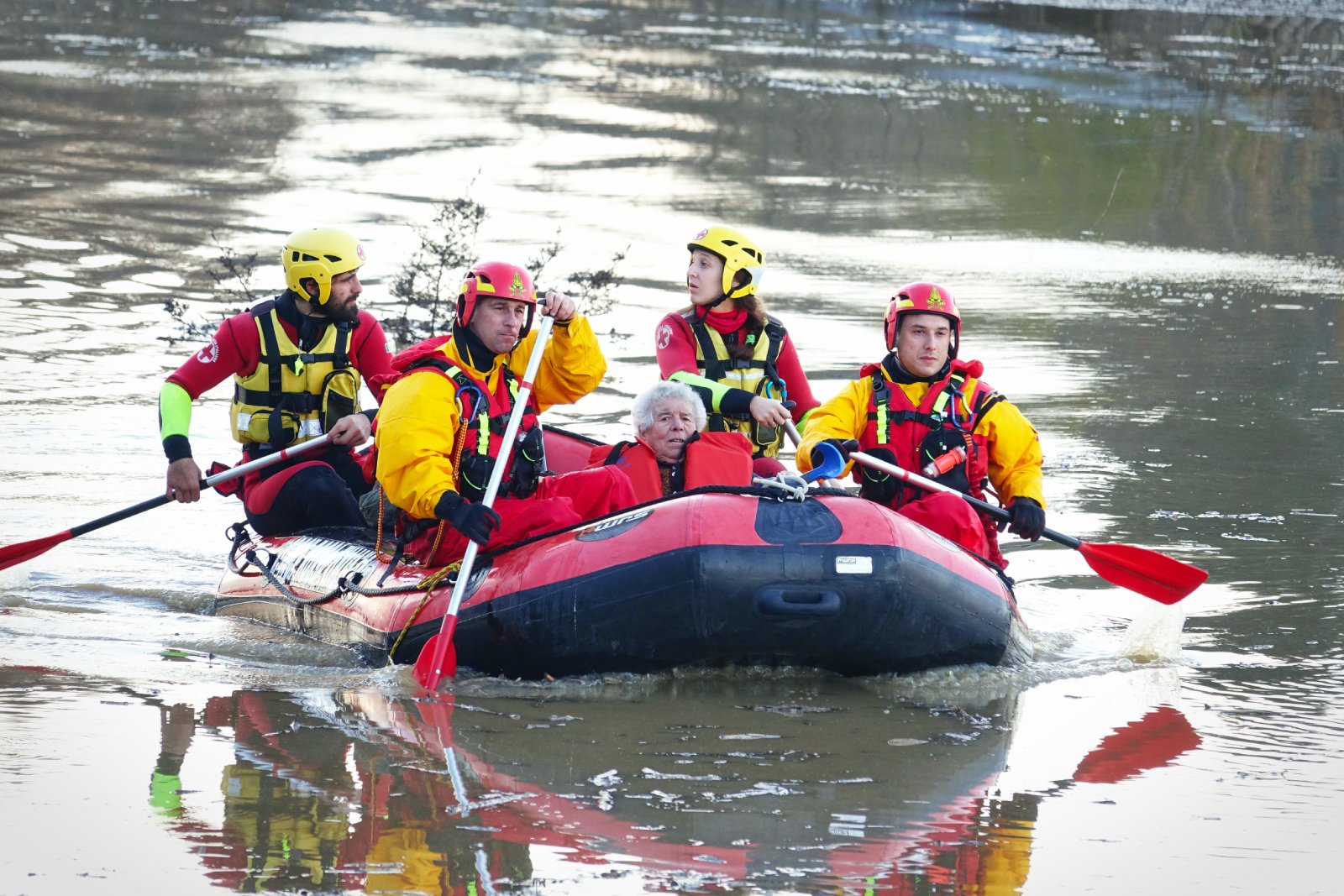
Image Credit: Shutterstock / MikeDotta
Residents of Twin City Mobile Home Community in St. Petersburg, Florida, were still battling floodwaters days after Hurricane Debby touched down.
Now, it’s been a few weeks since the Debby disaster – and the people in Pinellas County are still waiting for help.
First Beryl, Then Debby
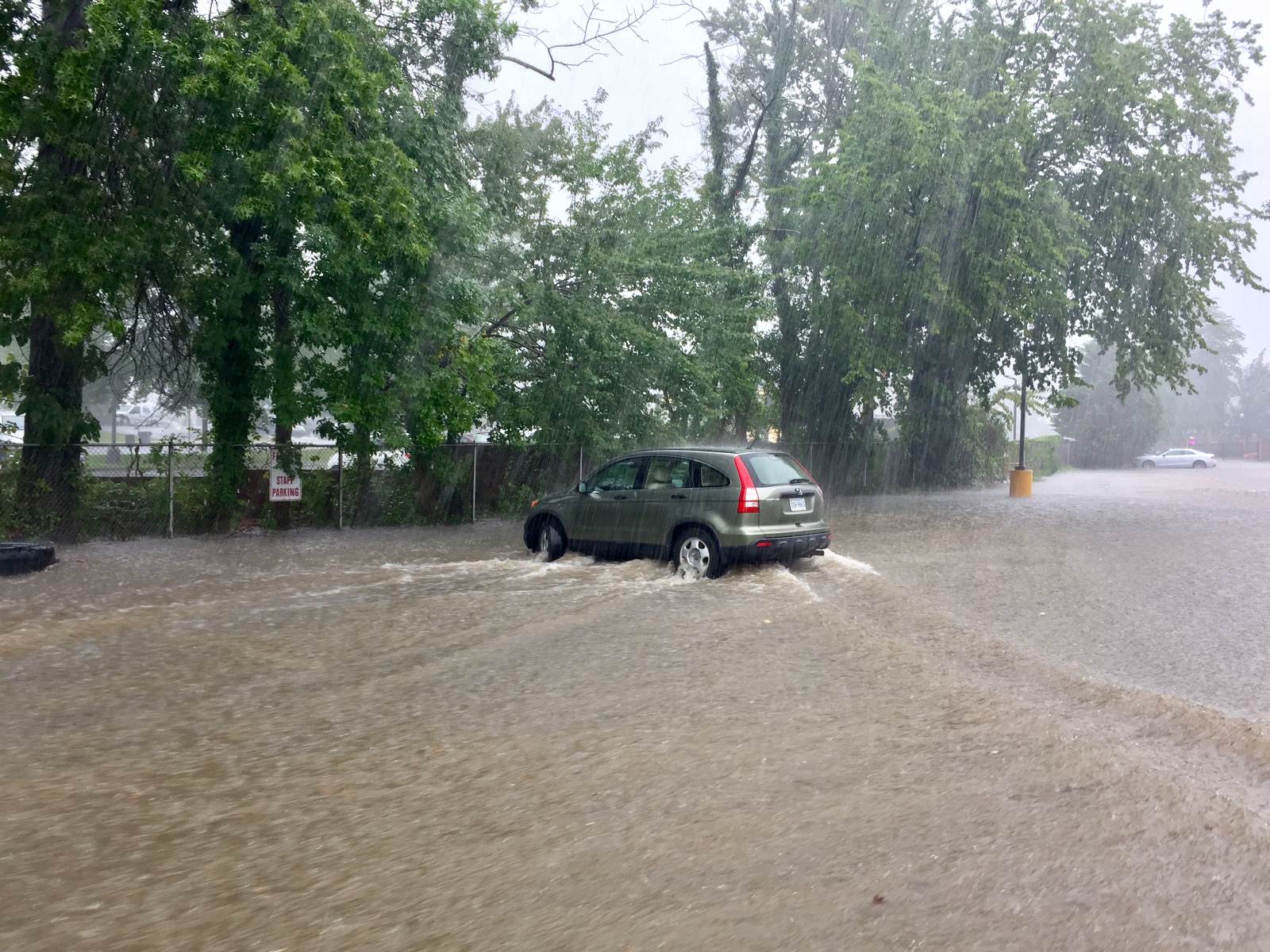
Image Credit: Shutterstock / John M. Chase
Earlier this month, Hurricane Debby touched down on the Gulf Coast of Florida as a Category 1 hurricane before moving out into the Atlantic and striking land a second time in South Carolina as a tropical storm.
Despaired

Image Credit: Shutterstock / Gorodenkoff
Speaking with residents at Twin City Mobile Home Community, ABC Action News was told that the overall feeling of the inhabitants was hopelessness.
Not Their First Rodeo
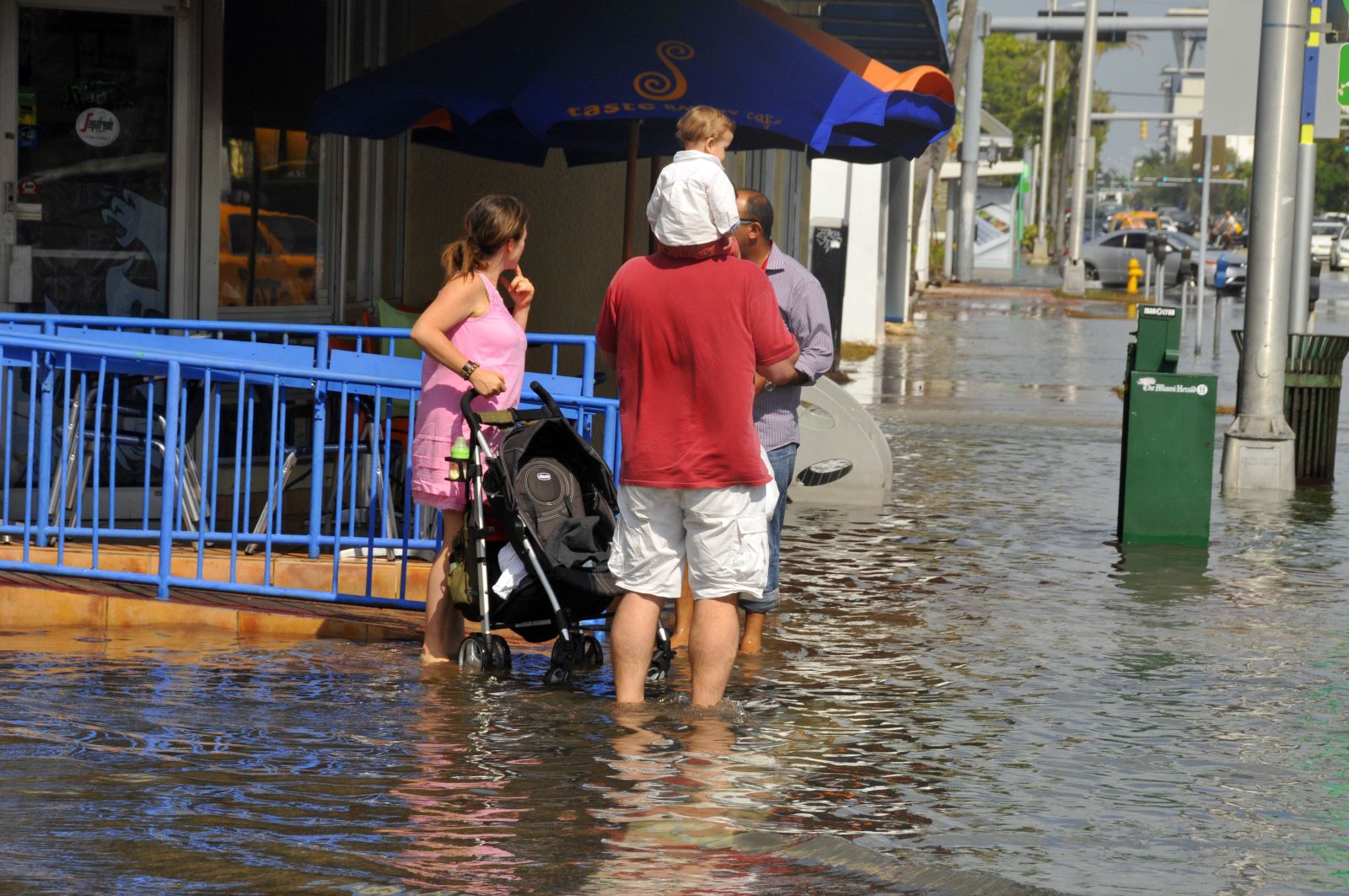
Image Credit: Shutterstock / meunierd
As stated by one resident Erin Roth: “Last year we went through hell with the water inside. We may be poor and live in here, but we’re people, too.”
People Pleading

Image Credit: Shutterstock / Bilanol
Roth’s neighbor, James Lawson, feels the same way: “If you guys are listening, come down here help us. If Lakeshore Management needs help, help them and help us. I don’t want to swim away.”
Twin City is owned by Lakeshore MHC.
Still in Shock

Image Credit: Shutterstock / Damian Lugowski
This is not the first time these residents have experienced excessive flooding. The community was also hit hard and heavy last year by Hurricane Idalia.
Elevate or Evict

Image Credit: Shutterstock / fizkes
Afterward, residents of the park received letters from Pinellas County officials, informing them that, in order to comply with National Flood Insurance Program (NFIP) regulations, they needed to elevate their homes about 10 feet or find alternative living.
Do Your Part First

Image Credit: Shutterstock / Vitalii Vodolazskyi
The NFIP is a US government program focused on delivering flood insurance to property owners.
But to qualify for help, communities need to adopt control measures to minimize flooding damage, like elevating their homes.
Tough Choices

Image Credit: Shutterstock / Jacob Lund
Lisa Foster, the Flood-Plain Manager of Pinellas County, claims it’s a mandatory requirement for the county if they want to be part of the National Flood Insurance Program.
And should program regulations not be met, Foster says the county could lose their access to disaster assistance funds.
Living in a Danger Zone

Image Credit: Shutterstock / Drop of Light
Foster acknowledges that the residents are in danger since Twin City Mobile Home Park has flooded various times.
“It’s really important that we get these folks into safe structures, it’s going to reduce our response needs, reduce those rescues and the financial challenges that are associated with the flooding for the residents,” she says.
Not an Option

Image Credit: Shutterstock / Pavle Bugarski
However, elevating a home isn’t free, and it can be downright impossible for those living on low- or fixed incomes.
Just ask Ada Bovia, who’s been part of the Twin City community for eight years.
A Bleak Outlook

Image Credit: Shutterstock / ArliftAtoz2205
Speaking to 8 On Your Side from News Channel 8, Bovia states that it will cost her $41,000 to elevate her home, an amount she can’t afford.
According to Bovia: “I have nowhere, I don’t know what I’m going to do. On the street, that’s where I’ll be.”
Still Waiting

Image Credit: Shutterstock / wellphoto
ABC Action News was able to obtain feedback, although from the county, not Lakeshore Management.
Assistant County Administrator Tom Almonte stated that a meeting would be arranged with residents.
But that was back in May, and nothing’s happened since then.
Major Communication Gap

Image Credit: Shutterstock / Goksi
According to Pinellas County, they have not received any communication from Lakeshore Management at all, preventing them from accessing the property.
They Are Welcome

Image Credit: Shutterstock / Prostock-studio
Speaking over the phone with county officials, ABC Action News told them the residents are inviting them to enter their properties and their homes.
The Official Reply (1 of 2)

Image Credit: Shutterstock / SaiArLawKa2
County leaders responded by sending the following statement:
“The residents of Twin City have been granted an extension of their temporary occupancy until June 1, 2025. Additionally, the County closely monitored the park during the most recent tropical storm to ensure the safety of residents and evacuate them if necessary.”
The Official Reply (2 of 2)

Image Credit: Shutterstock / Gorodenkoff
The statement continues by saying: “The County remains dedicated to supporting the residents of Twin City. We are actively exploring all available options, including potential relocation assistance, with the goal of initiating these efforts before the end of the year.”
Not Their Problem

Image Credit: Shutterstock / fizkes
Regarding the lack of communication between parties, the residents claim that their plea for assistance is being ignored.
As stated by Roth: “We’re 100% neglected… They don’t care. They don’t have to come here and sleep. They go home and don’t have to worry about leaving every time it rains…”
What to Do?

Image Credit: Shutterstock / fizkes
Being told that the Twin City inhabitants have about a year to decide whether they want to elevate their homes or move out, another resident, Jason (who didn’t provide a last name), said: “It’s impossible. We were quoted over $100,000 because you would have to move the unit, pour foundation, put it on stilts and crane it up there. A lot of them won’t take that because they’re old.”
Hopeful, Yet Scared
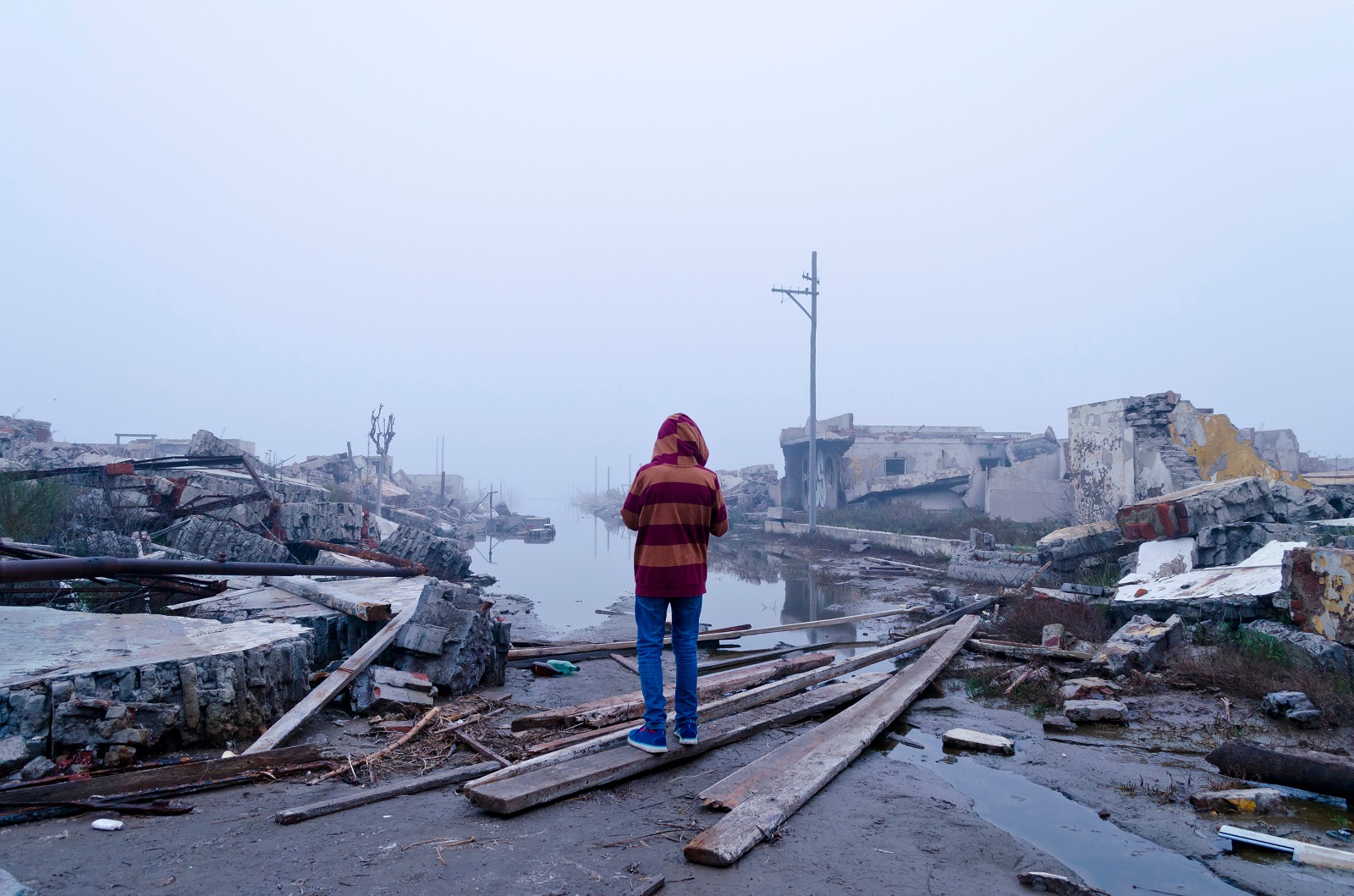
Featured Image Credit: Shutterstock / mdm7807
Jason added: “All the other brick homes in the neighborhood they get flooded too, so we just hope that hurricanes stay away from us like they usually do. And when it does rain a lot, we deal with it.”
DeSantis in More Hot Water as Florida Floods, Again

Image Credit: Shutterstock / Andrew Cline
Florida residents are struggling this hurricane season, and many are pointing the finger at a certain Governor. DeSantis in More Hot Water as Florida Floods, Again
J.C. Penney’s Closures Signal the End of an Era in Retail

Image Credit: Shutterstock / Jonathan Weiss
Popular department store, J.C. Penney, has announced the closure of multiple stores across the country. This announcement reflects changes in the retail industry as online shopping becomes more popular. But how will these changes affect consumers and the future of in-store shopping? J.C. Penney’s Closures Signal the End of an Era in Retail
Michigan’s Governor Whitmer Lays Down the Law for HOAs

Image Credit: Shutterstock / Gints Ivuskans
Gretchen Whitmer has just taken on HOAs across Michigan. Who won? Michigan’s Governor Whitmer Lays Down the Law for HOAs
Featured Image Credit: Shutterstock / Robert Blouin.
The images used are for illustrative purposes only and may not represent the actual people or places mentioned in the article.

